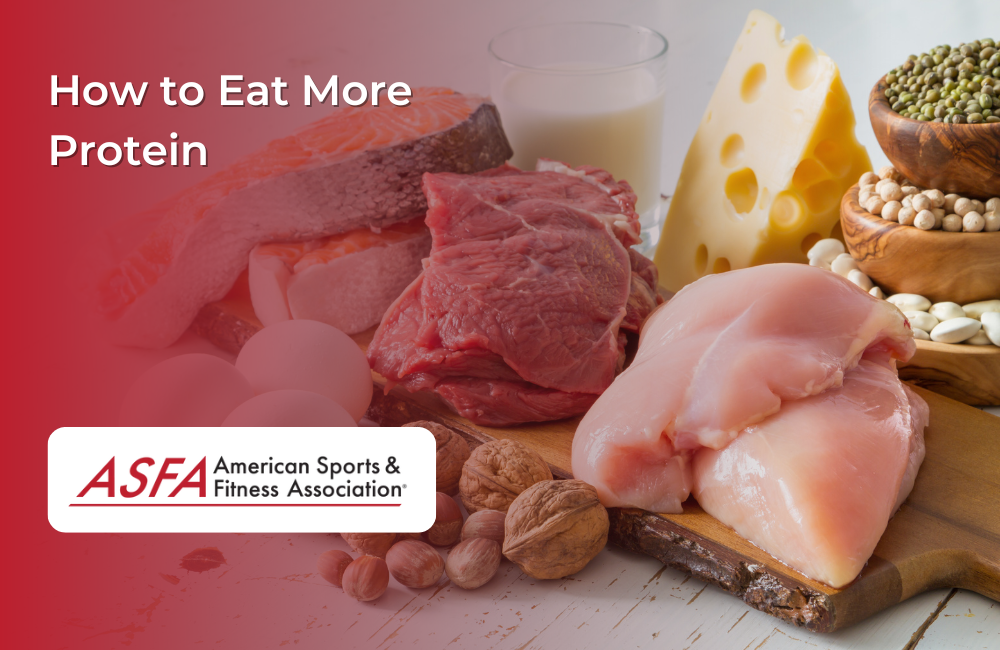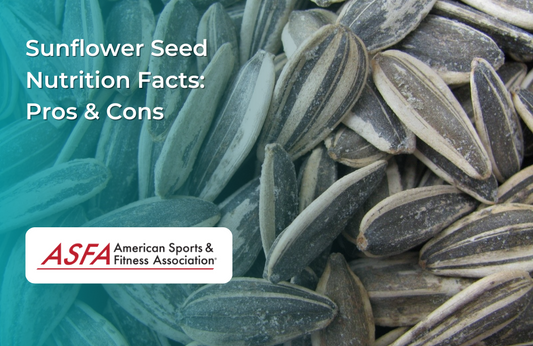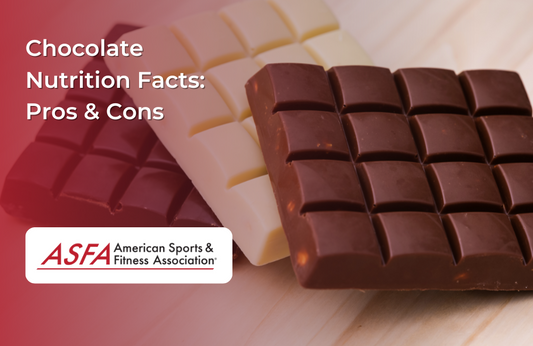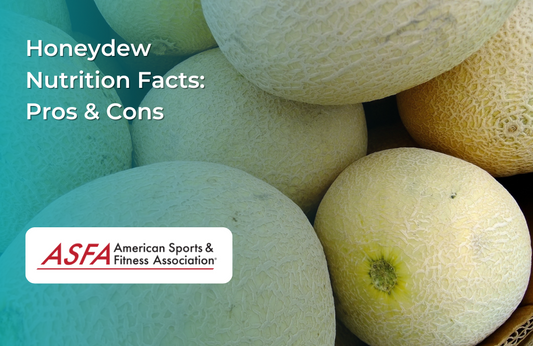Protein is essential for muscle growth, recovery, metabolism, and overall health. It plays a key role in repairing tissues, supporting the immune system, and maintaining satiety. Whether your goal is building muscle, losing weight, or improving energy levels, increasing protein intake can be beneficial.
Understanding Protein Intake
What is Protein and Why is it Important?
Protein is a vital macronutrient that plays a crucial role in numerous bodily functions. It is composed of amino acids, which are the building blocks of proteins. There are 20 amino acids that the human body uses to build proteins, and 9 of these are essential amino acids, meaning they cannot be produced by the body and must be obtained through diet.
Protein is essential for maintaining overall health and well-being. It helps to build and repair muscles, bones, and tissues, and is necessary for the production of enzymes, hormones, and other biomolecules. Additionally, protein plays a critical role in maintaining healthy skin, hair, and nails. Ensuring you get enough protein in your diet is key to supporting these vital functions.
How Much Protein Should You Aim for Every Day?
The recommended daily intake of protein varies based on factors such as age, sex, weight, and activity level. For the average adult, a common guideline is to consume 0.8 grams of protein per kilogram of body weight. However, athletes and individuals who engage in regular physical activity may require more protein to support muscle growth and repair.
A more tailored recommendation is to aim for 1.2-2 grams of protein per kilogram of body weight per day. It’s beneficial to spread this intake over 3-5 main meals and 2-3 snacks to ensure a constant supply of amino acids for muscle growth and repair. This approach helps maintain muscle mass, supports recovery, and optimizes overall health.
Prioritize Protein-Rich Foods
Include high-protein whole foods in every meal, such as:
-
Lean meats (chicken, turkey, beef, pork)
-
Fish and seafood (salmon, tuna, shrimp)
-
Eggs and dairy (Greek yogurt, cottage cheese, cheese)
-
Plant-based sources (lentils, beans, tofu, tempeh, quinoa)
-
Nuts and seeds (almonds, chia seeds, pumpkin seeds)
Consider the protein content of these foods to meet daily protein intake goals.
Start Your Day with a Protein-Rich Breakfast
Start Your Day with a Protein-Rich Breakfast
A high-protein breakfast can help regulate blood sugar levels and promote satiety throughout the day.
-
Scrambled eggs with vegetables
-
Greek yogurt with nuts and berries
-
Protein smoothies with fruit and nut butter
-
Oatmeal with protein powder or seeds
Add Protein to Snacks
-
Nuts, seeds, or trail mix
-
Cottage cheese with fruit
-
Hard-boiled eggs
-
String cheese
-
Protein bars or shakes
Incorporate Protein into Every Meal
-
Add lean meats or plant-based proteins to salads, soups, and stir-fries. Incorporating plant-based proteins can help reduce saturated fat intake and improve overall health.
-
Use beans or lentils in dishes like chili or stews.
-
Mix cottage cheese or yogurt into smoothies for extra protein.
Choose High-Protein Carbohydrate Sources
-
Quinoa instead of rice
-
Lentil or chickpea pasta instead of regular pasta
-
Whole grains such as oats, farro, or barley
Use Protein Supplements If Needed
-
Protein powders (whey, casein, plant-based) can be added to smoothies, oatmeal, or baking.
-
Collagen powder can be mixed into coffee or tea.
Meal Prep High-Protein Meals
-
Cook proteins in bulk (chicken, beef, tofu) for easy meal assembly.
-
Keep hard-boiled eggs and yogurt stocked for quick snacks.
Combine Protein Sources for Variety
-
Pair plant-based proteins for a complete amino acid profile (e.g., beans and rice). Incorporating a variety of plant proteins, such as nuts and seeds, ensures a complete amino acid profile and provides overall health benefits.
-
Mix nuts or seeds into meals for extra protein and healthy fats.
Protein and Muscle Mass
Protein plays a pivotal role in building and maintaining muscle mass. When you consume enough protein, your body has the necessary amino acids to repair and grow muscle tissues, especially after exercise. This is particularly important for athletes and those who engage in regular physical activity, as their muscles undergo more frequent wear and tear.
Adequate protein intake supports muscle protein synthesis, the process by which the body repairs and builds new muscle fibers. Consuming high-quality protein sources, such as lean meats, seafood, legumes, and dairy, ensures you get a complete profile of essential amino acids needed for this process. Additionally, spreading protein intake throughout the day can help maintain a positive protein balance, crucial for muscle growth and maintenance.
Incorporating a variety of protein sources into your diet not only helps in muscle building but also provides other essential nutrients that support overall health. Whether you’re aiming to increase muscle mass, maintain it, or simply ensure your body functions optimally, prioritizing protein in your diet is a key strategy.
Conclusion
Eating more protein is simple with intentional meal planning and choosing nutrient-dense, high-protein foods. There are 20 amino acids that the human body uses to build proteins, and 9 of these are essential amino acids, meaning they cannot be produced by the body and must be obtained through diet. A complete protein is a high-quality protein source that contains all essential amino acids, and animal proteins such as meat and eggs are examples of complete proteins. By including protein in every meal and snack, you can support muscle growth, satiety, and overall health effectively.
FAQs
How much protein do I need daily?
Protein needs vary, but a common guideline is 0.6–1.0 grams per pound of body weight, depending on activity level.
Can you eat too much protein?
While protein is beneficial, excessive intake may lead to digestive discomfort or excess calorie consumption. Balance is key.
What’s the best protein source for vegetarians?
Great plant-based options include tofu, tempeh, lentils, beans, quinoa, nuts, and seeds.
Is protein necessary for weight loss?
Yes, protein helps with satiety, muscle retention, and metabolism, making it essential for weight loss.
When is the best time to eat protein?
Distributing protein throughout the day (with meals and snacks) ensures optimal muscle synthesis and energy levels.





